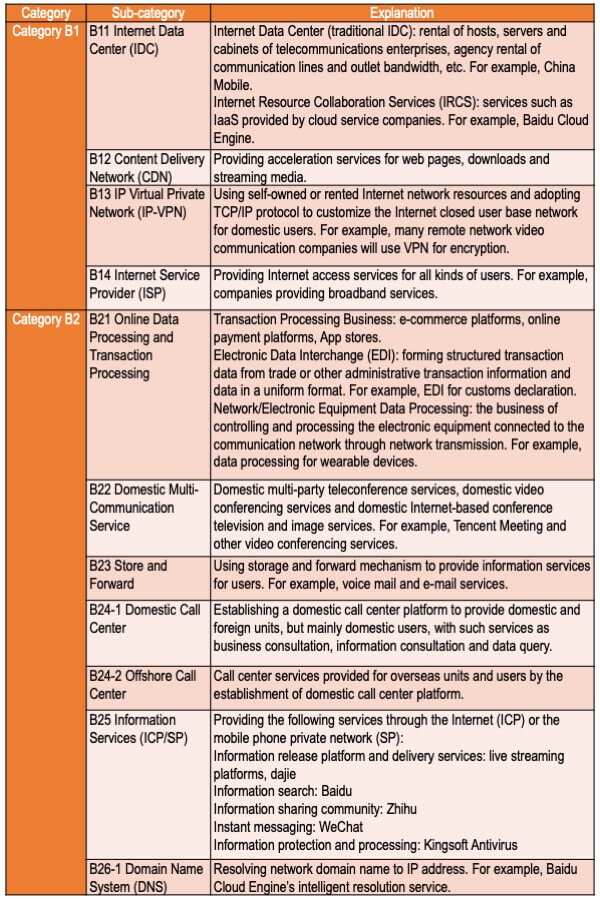
With the rise of Internet companies operating value-added telecommunications services such as e-commerce platforms in China, foreign investors flood into China’s value-added telecommunications sector through various investment methods.
However, the entity operating value-added telecommunications services must apply for the business license of value-added telecommunications services from the competent department. Moreover, for different types of value-added telecommunications services, the applicant needs to meet the specific requirements for foreign investment.
Therefore, foreign investors — be they want to find a suitable Internet company for investment or plan to adjust the business and structure of the invested Internet company — must have an overview understanding of the concept and types of China’s value-added telecommunications services, as well as corresponding foreign investment restrictions of different types.
This post will give a brief introduction to the concept and the specific types of China’s value-added telecommunications services.
I. The concept and business license of value-added telecommunications services
1. The concept of value-added telecommunications services
Value-added telecommunications services refer to additional telecommunications and information services provided through the use of public network infrastructure, with the main feature of providing information services to society. Compare with the basic telecommunications services, which refer to the provision of public network infrastructure, public data transmission, and basic voice communication service, they are sometimes called the enhanced services, because they can increase the economic effectiveness or functional value of the basic telecommunications services.
2. The business license of value-added telecommunications services
The business license of value-added telecommunications services represents a series of qualifications required by value-added telecommunications services. In China, if an enterprise wants to engage in a certain type of value-added telecommunications services, it needs to apply for such a business license covering a specific type of value-added telecommunication services. Generally, the departments for approving and issuing such license are the Ministry of Industry and Information Technology of the People’s Republic of China (MIIT) and telecommunications administrative agencies at the provincial level.
II. The classification of value-added telecommunications services
According to the Classification Catalogue of Telecommunications Services (2015 Edition) (电信业务分类目录(2015年版)) issued by the MIIT, China’s value-added telecommunications services can be divided into two categories: Category B1 and Category B2. Each category is sub-divided into more service types depending on ways of providing information services.
If an enterprise is approved to engage in a certain type of value-added telecommunications services, the specific type, and its corresponding number will be noted on the business license, indicating the services that the enterprise can engage in.
The following table shows the classification of value-added telecommunications services and some representative examples:

Photo by Jerry Wang (https://unsplash.com/@jerry_318) on Unsplash
Contributors: Xiaodong Dai 戴晓东









